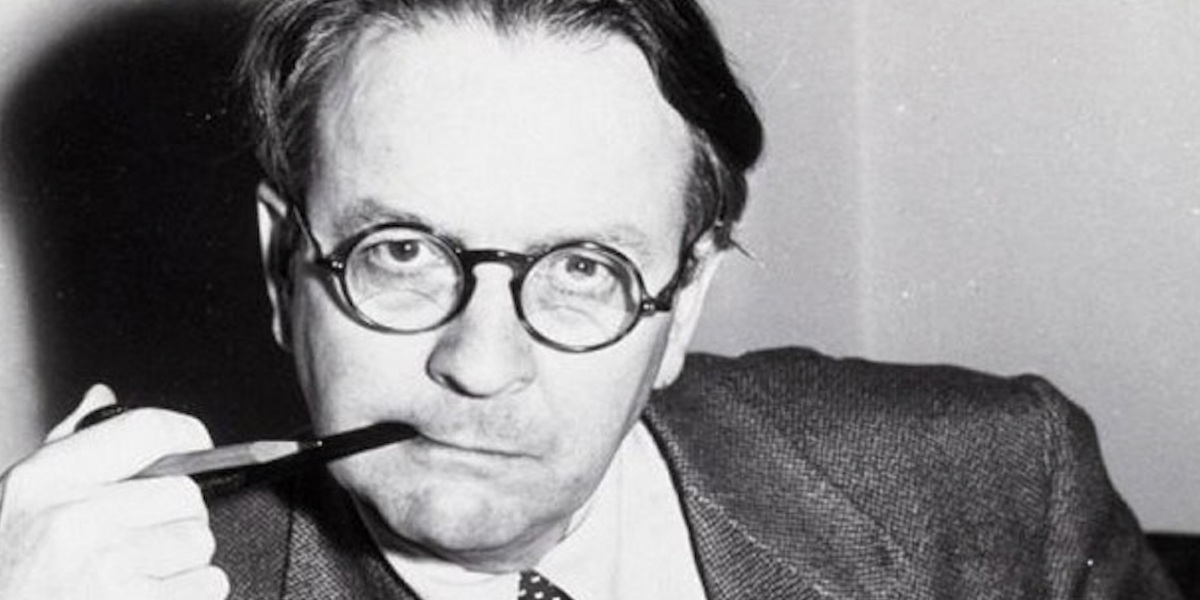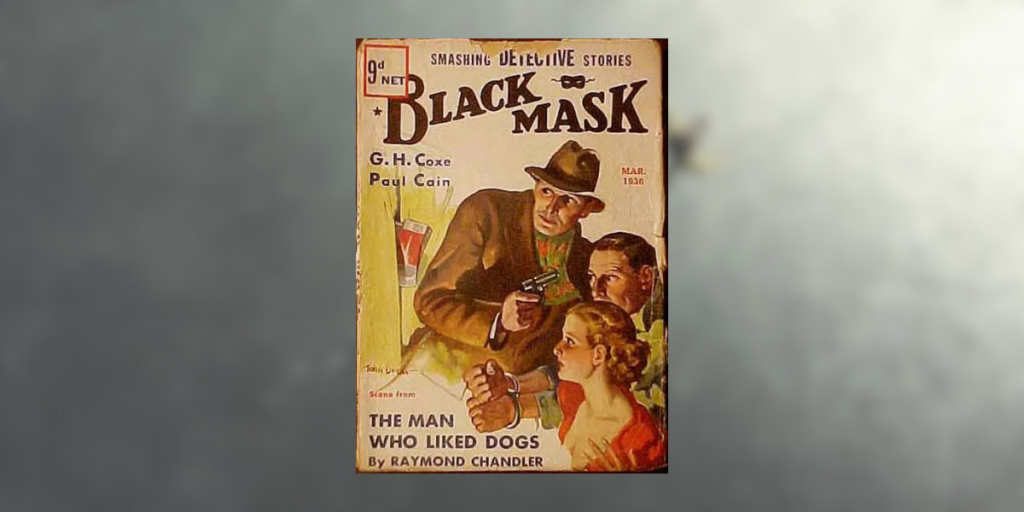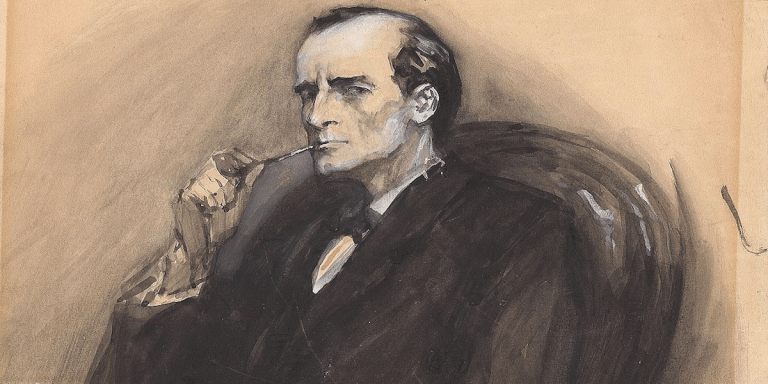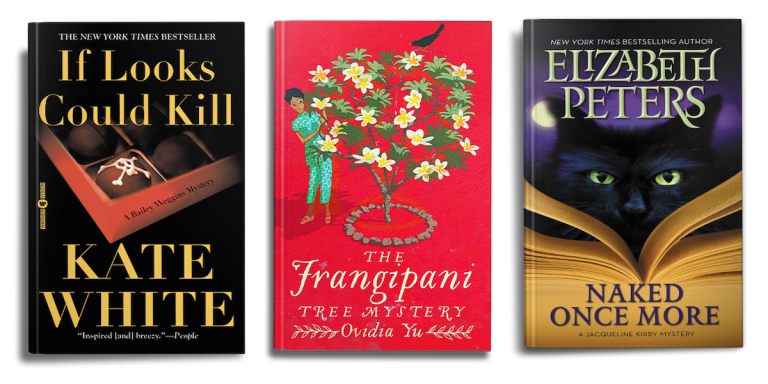How the Great Depression Inspired Raymond Chandler’s Best Detective Novels

Major life tragedies can often lead to big life-changing decisions. Such was the case for the famous writer Raymond Chandler, who didn’t start his career writing detective novels until the age of 44, when he was fired from his job during the Great Depression.
Raymond Chandler was born in 1888 in Chicago, and he spent much of his early years in Nebraska. But after his mother left his father due to his father’s alcoholism, Chandler moved with his mother to Ireland and later England. Chandler did some writing early in his life as a journalist, and he returned to the United States in 1912 in the hopes of furthering his writing career.
But once Chandler got to the States, eventually settling in southern California, he instead found himself taking on odd jobs and eventually, in 1917, he accepted a position as an accountant for Dabney Oil Syndicate. Chandler did well at Dabney Oil for quite some time. He made his way up in the company and was able to weather through the initial stock market crash that cost so many people their jobs and marked the beginning of the Great Depression in 1929. But as the Great Depression wore on and got worse, Chandler was eventually fired in 1932 at the age of 44.
While many people would see losing a respectable job as a setback, Chandler used this moment as an opportunity to pivot towards a greater life. He gave up drinking, began repairing his marriage after years of infidelity, and most notably for readers everywhere, returned to writing, his true passion. Influenced by the work of other crime writers who were publishing at the time, such as Dashell Hammett and James M. Cain, Raymond Chandler decided to take up detective stories. Chandler’s first story, Blackmailers Don’t Shoot, was published by Black Mask in 1933.

After Chandler published many more detective stories in Black Mask and other crime fiction publications, the author went on to publish his first novel, The Big Sleep, in 1939. This novel introduced the world to Philip Marlowe, the private detective protagonist who narrated his detective novels in the first person. The strong voice that Philip Marlowe brought to his detective novels along with Chandler’s inventive and often lyrical similes and metaphors helped define hardboiled detective fiction.
As Chandler continued to write Philip Marlowe as a protagonist for his novels, the private detective became more developed, more complex, and more flawed. By the time Chandler published The Long Goodbye in 1953, Marlowe’s flaws had started to reflect some of the weaknesses and insecurities of the author himself, making this novel feel much more personal than previous Philip Marlowe detective novels. This novel was also notable for the way Chandler used the hardboiled detective genre to explore serious social issues. In a letter to one of his friends, Raymond Chandler called The Long Goodbye “my best book.”
The works of Chandler and other hardboiled detective fiction writers were majorly influential not just on detective stories but on the way movies portrayed detectives as well. In fact, Hollywood was so enamored with the hardboiled genre and in 1943, Paramount hired Raymond Chandler to write scripts for the production company. Chandler’s first script was an adaptation of James M. Cain’s Double Indemnity, which earned Chandler and Oscar nomination. Chandler was nominated again in 1946 for his screenplay Double Indemnity.
While Chandler’s novels weren’t critically acclaimed when they were first published, the author’s work has always had many fans. And in the passing years, Chandler has become an important and influential voice in the detective fiction genre. Ian Fleming, an author most famously known for writing the James Bond spy novels, praised Raymond Chandler for his character development and his dialogue, which Fleming described as “some of the finest dialogue written in any prose today.”
There’s a lot to be learned from Raymond Chandler’s unconventional journey from journalist to accountant to world-famous detective fiction writer. It’s never too late to change your life, and sometimes the most devastating of losses and lead to the most exciting opportunities.
By clicking 'Sign Up,' I acknowledge that I have read and agree to Hachette Book Group’s Privacy Policy and Terms of Use


